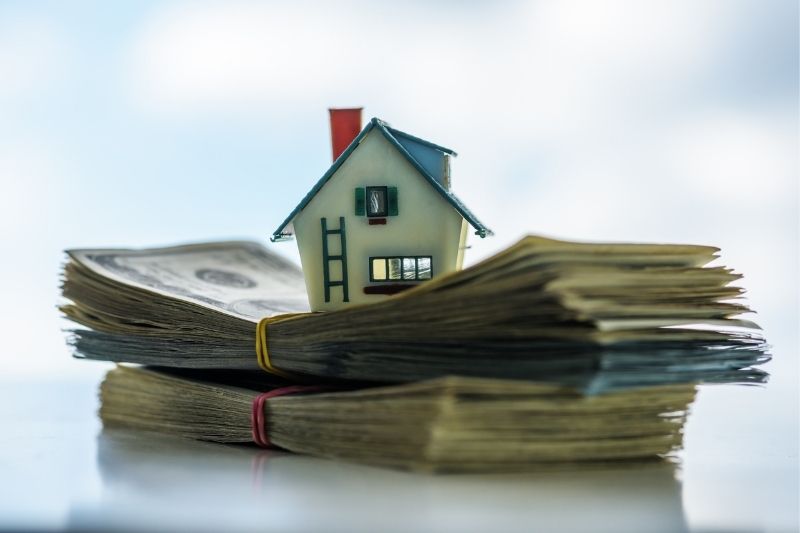How Inflation Affects Hard Money Lending

Inflation causes the general price of living to rise due to the currency’s value depreciating. This means that purchasing power decreases, which can negatively impact the overall economy. We see how inflation affects real estate and retail markets, but how does inflation affect hard money lending?
In this blog, we will explain how inflation can affect this process.
How Inflation Affects Lenders
Inflation can benefit lenders in various ways, like an increase in demand for loans, increasing rates, and a faster payback rate from borrowers who borrowed before the inflation. More people seek loans for their projects or other investments when prices rise. However, inflation also negatively impacts lenders because the loans borrowers are paying back have less purchasing power.
What Does This Mean for Borrowers?
If inflation affects the lenders, it must also affect the borrowers. Right? If you borrowed before inflation, you will receive benefits. While you will still owe the same amount, increased rates won’t affect you, and you can pay off your loan early.
However, inflation can make it harder to pay off your loan due to a higher standard of living. Budgeting may be difficult, especially if you don’t have extra income.
Who Benefits From Inflation?
How does inflation affect hard money lending? Overall, both sides of the agreement gain advantages and suffer losses. While inflation may cause an increase in interest rates, demand, and higher overall prices, the borrower may end up paying less than what they originally borrowed. However, the overall increase in demand and price is beneficial for lenders.
Inflation can present numerous benefits and challenges for the lender and borrower. Work with investors and brokers you can trust to have the best experience with hard money lending. Contact us today if you’re considering our private money loan servicing. At Val-Chris, we proudly help our partners achieve their goals with effective communication and planning.


